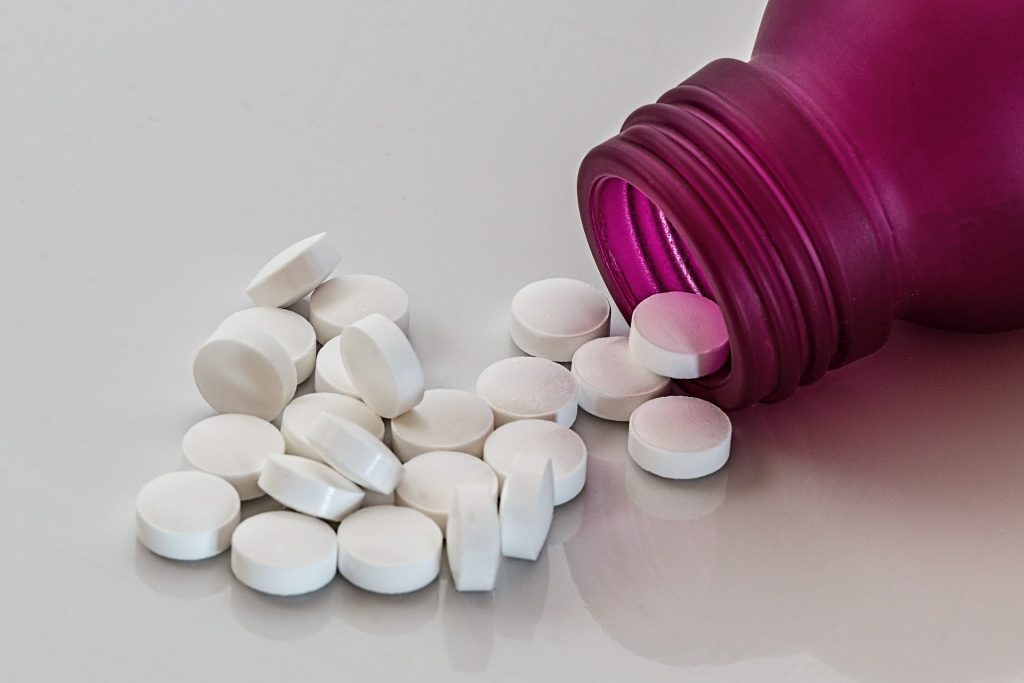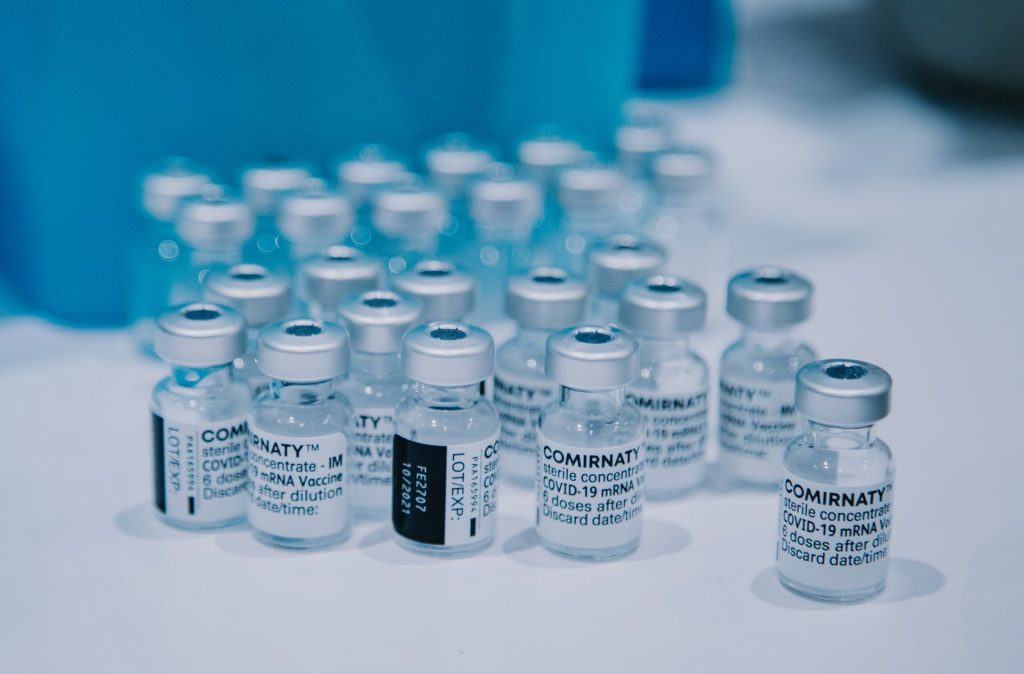Six Different Booster Vaccines Found to be Safe and Effective

The first randomised trial of COVID boosters, published in The Lancet, has shown that six are safe and provoke strong immune responses. Participants have previously received a two-dose course of ChAdOx1-nCov19 (Oxford–AstraZeneca [ChAd]) or BNT162b2 (Pfizer-BioNTech [BNT]). The announcement comes just as the Omicron variant is beginning to spread around the world.
ChAd has now been deployed in more than 180 countries and BNT in more than 145 countries. Several studies show that two doses of ChAd and BNT confer 79% and 90% protection, respectively, against hospitalisation and death after six months. However, protection against COVID infection wanes in time, which has led to the consideration of boosters. However, there are currently little data on the comparative safety of COVID vaccines, and the immune responses they stimulate, when given as a third dose.
The COV-BOOST study looked at safety, immune response (immunogenicity) and side-effects (reactogenicity) of seven vaccines when used as a third booster jab. The vaccines studied were ChAd, BNT, NVX-CoV2373 (Novavax [NVX]), Ad26.COV2.S (Janssen [Ad26]), Moderna [mRNA1273], VLA2001 (Valneva [VLA]), and CVnCov (Curevac [CVn]).
“The side effect data show all seven vaccines are safe to use as third doses, with acceptable levels of inflammatory side effects like injection site pain, muscle soreness, fatigue. Whilst all boosted spike protein immunogenicity after two doses of AstraZeneca, only AstraZeneca, Pfizer-BioNTech, Moderna, Novavax, Janssen and Curevac did so after two doses of Pfizer-BioNTech”, commented Professor Saul Faust, trial lead.
“It’s really encouraging that a wide range of vaccines, using different technologies, show benefits as a third dose to either AstraZeneca or Pfizer-BioNTech. That gives confidence and flexibility in developing booster programmes here in the UK and globally, with other factors like supply chain and logistics also in play”, added Prof Faust.
“It’s important to note that these results relate only to these vaccines as boosters to the two primary vaccinations, and to the immune response they drive at 28 days. Further work will generate data at three months and one year after people have received their boosters, which will provide insights into their impact on long-term protection and immunological memory. We are also studying two of the vaccines in people who had a later third dose after 7-8 months although results will not be available until the new year.”
A randomised, phase 2 trial of seven booster vaccines was conducted, with the third doses given 10-12 weeks after initial two-dose courses of ChAd or BNT. The trial involved 2878 healthy participants between June 1st and June 30th 2021. Participants had received their first doses of ChAd or BNT in December 2020, January or February 2021, and second doses at least 70 days before enrolment for ChAd and at least 84 days for BNT. About half of participants received two doses of ChAd and half two doses of BNT. The control vaccine used was a meningococcal conjugate vaccine (MenACWY).
Participants were aged 30 or older, roughly half of whom were 70 or older. The average age of participants who received ChAd was 53 years in the younger age group and 76 years in the older age group. Average ages for BNT were 51 and 78 years, respectively.
Thirteen experimental and control arms of the trial (seven vaccines plus three at half dose and three control arms) were split into three participant groups. Group A received NVX, half dose NVX, ChAd, or a control. Group B received BNT, VLA, half dose VLA, Ad26 or a control. Group C received Moderna, CVn (development of which was halted in October 2021), half dose BNT, or a control.
Primary outcomes were adverse effects seven days after receiving a booster, and levels of antibodies targeting the SARS-CoV-2 Spike protein after 28 days, compared to controls. Secondary outcomes included the response of T cells to wild type, Alpha, Beta, and Delta variants.
Increases in anti-spike protein antibody levels after 28 days varied across the vaccines. After two doses of ChAd these ranged from 1.8 times higher to 32.3 times higher according to the booster vaccine used. Following two doses of BNT, the range was 1.3 times higher to 11.5 times higher. Significant T-cell responses were reported in several combinations.
At 28 days, all booster results were similar for participants aged 30-69 years and those aged 70 years or older. Boost ratios should be interpreted with caution, the authors caution, since they relate to immunogenicity rather than protection against disease, and the relationship between antibody levels at day 28 and long-term protection and immunological memory is unknown.
Reactions to all seven vaccines were similar, with fatigue, headache, and injection site pain most often reported. These were more commonly reported by those aged 30-69. 912 of the 2878 participants experienced a total of 1036 adverse events, 24 of which were severe.
Source: EurekAlert!




